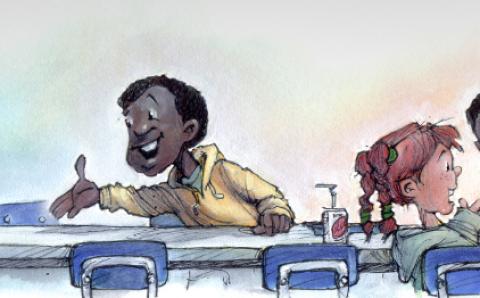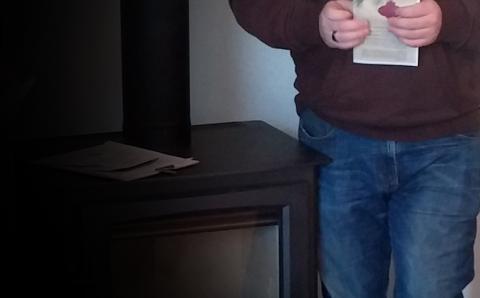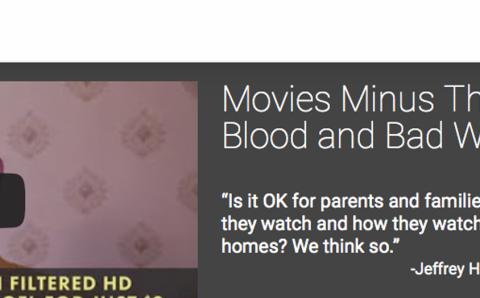Widely acclaimed African American novelist Toni Morrison is regularly praised for boldly writing about the grim realities of racial hatred, violence, sexual abuse, and parental mistreatment. Her protagonists are often women—mothers, sisters, and daughters—whose traumatic experiences shape their struggles to receive and give love. Morrison’s latest and 11th novel,God Help the Child, continues to explore this thematic territory—this time in the setting of modern-day America.
As one would expect, this is an intense, at times graphic, read. The novel’s epigraph is from Luke 18:16 (KJV), when Christ daringly and lovingly beckoning the young into his presence: “Suffer little children to come unto me, and forbid them not.” From there, readers need only to turn a few pages to see that the suffering of children is a central theme.
The protagonist is a stunningly beautiful, financially successful woman who has chosen to go by the name “Bride.” She carries the wounds of her childhood with her into adulthood. Since birth, Bride has been mistreated by her lighter-skinned mother because of her extremely dark skin, which her mother saw as a threat to a privileged life. The shame and confusion of this treatment lingers in her heart—as does the harm of a mistake she made as a girl in an effort to win her mother’s pride and attention.
Several other characters Bride encounters as an adult also have horrific histories—pain endured in youth—including the man she loves, who “knows all about how childhood cuts festered and never scabbed over.” What happens when people with such shared scars form relationships with each other, and how do these bonds shape their attempts to find peace, even grace?
Readers who prefer straightforward, single narration may be jarred by Morrison’s use of multiple first-person narrators interspersed with third-person narration. But this structure of blending fragmented voices highlights the emotional echoes in each character—the anger, fear, and guardedness—manifested in different actions. Even Bride’s mother is given her own first-person chapters, which allows her to be more than just a cruel figure in the background whose logic (however crooked) is never pondered. For several characters, acts that may seem merely selfish on the surface are also acts of loyalty or self-sacrifice. These characters, especially those who are survivors of childhood trauma, are complicated people who can be frustrating and admirable all at once.
Once again, Toni Morrison has written a vivid book that will disturb and haunt readers. But she has done so daringly and lovingly, refusing to end on an entirely hopeless note that disregards humanity’s ability to act to help the agonized young. After all, even the book’s title can be read as a kind of prayer and cry for mercy—even if, in the novel itself, it is uttered by a mother who takes years to admit to herself that “What you do to children matters. And they might never forget.” (Knopf)









